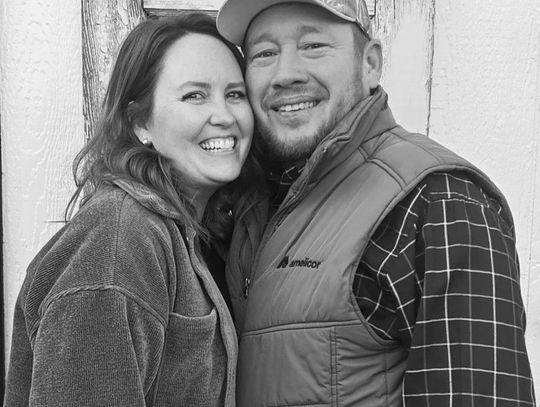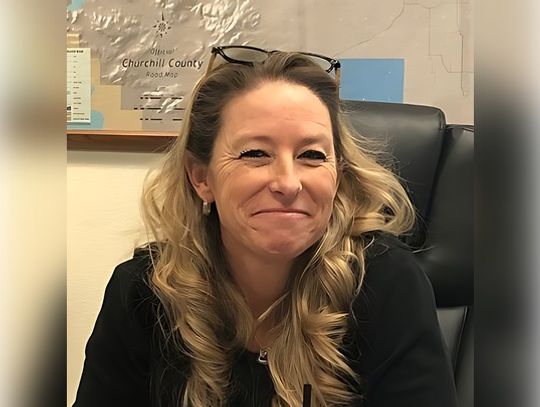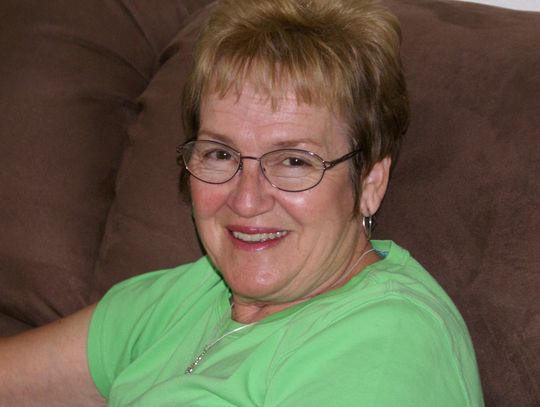Throughout my career as a physician, my patients always came to me with unique and different stories. But there was one common challenge they faced: Barriers to accessing healthcare here in rural Nevada. My goal, first and foremost, is always to help my patients achieve and maintain strong health outcomes. So when I learn that there’s a systematic problem that consistently gets in the way of that, I will always use my voice to bring the issue to the public’s attention and work towards a solution.
Nearly one in ten Nevadans who live in rural areas – or 308,000 people – experience grave challenges in accessing care that we must address immediately. For example, many residents of Nevada’s rural communities have to travel long distances to receive the care they need. According to the University of Nevada, the average distance patients must travel between acute care hospitals and the next level of care or tertiary care hospital in rural Nevada is a staggering 118 miles. This is unacceptable. Hospitals often serve patients who require urgent, life-saving care. If you are suffering from a heart attack or stroke, you need urgent intervention. You may not be able to afford to travel two hours to the next closest provider. That’s why it is absolutely imperative that we protect and even strengthen our hospitals. Rural communities rely on these critical lifelines for life-saving care, day-to-day preventive medicine, and everything in between.
Despite their importance to the communities they serve, few people are willing to stand up and speak to a harsh reality: hospitals and health systems face fierce financial headwinds that threaten their ability to treat their patients. Inadequate reimbursement rates don’t just make it harder for providers to do their jobs; they punish patients. And when the financial pressure becomes too much to overcome, some hospitals have been forced to close service lines to remain afloat or even close altogether. This problem is particularly dire in rural Nevada, where 40% of our hospitals are at increased risk of closure over the next six to seven years. One thing is certain: we must reject the false notion promoted by corporate special interests that cutting hospital rates will solve the cost of care crisis and instead diagnose the true root of the problem. Our nation’s hospitals and healthcare workers are not some cost center that can be slashed to satisfy insurance companies or lobbyists. They are heroes who save lives, who communities count on day and night.
The notion that our nation’s healthcare providers are to blame for this crisis is not only disrespectful to those who put their lives on the line to take care of others, but it’s also a distraction from the real issue at hand. Corporate insurers regularly delay and deny care to patients who need it, forcing them to pay out of pocket or go without treatment their doctors deem necessary. Not only do these practices increase costs for patients, but they harm their health outcomes as well. In fact, nearly nine in ten physicians report that insurance companies’ prior authorization requirements have a negative effect on patients’ clinical outcomes. They also employ other predatory tactics to cut costs and deny care, like using AI to make life-altering coverage decisions in mass rather than a human being taking the time to actually review another human being’s file. Corporate insurers have been driving costs up, and it isn’t to benefit patients – it’s to pad their own profits.
Both as a physician and a State Senator, my mission is the same: to improve the lives of the people I serve. To do that, we need to support the hospitals and health systems that care for us, not head in the opposite direction with the reimbursement cuts pushed by special interests. Together, we can protect and expand access to care in rural communities and give Nevadans the future they deserve.









Comment
Comments